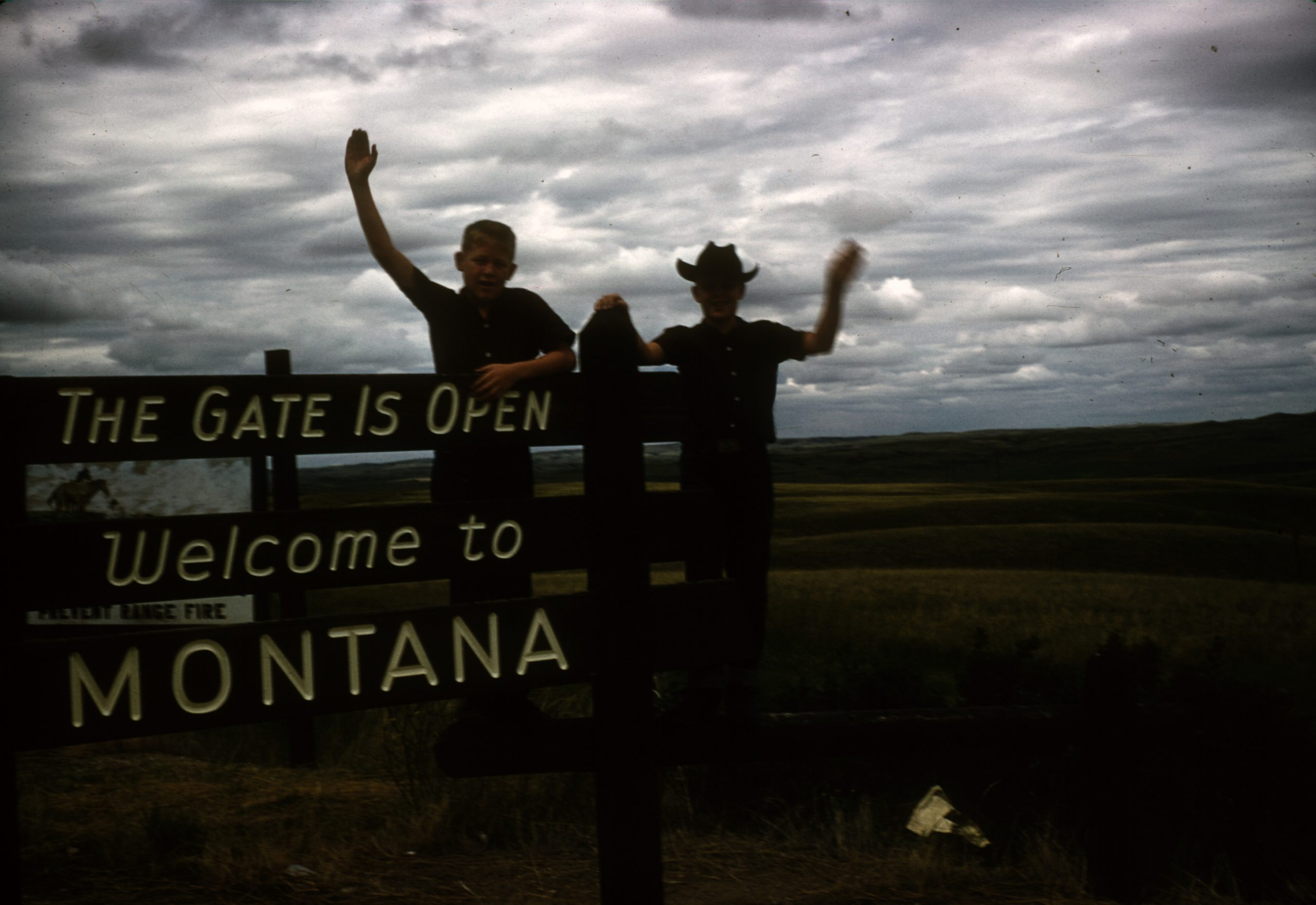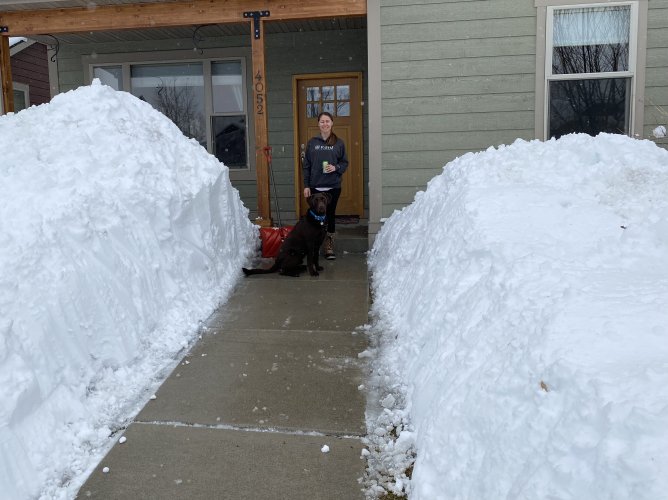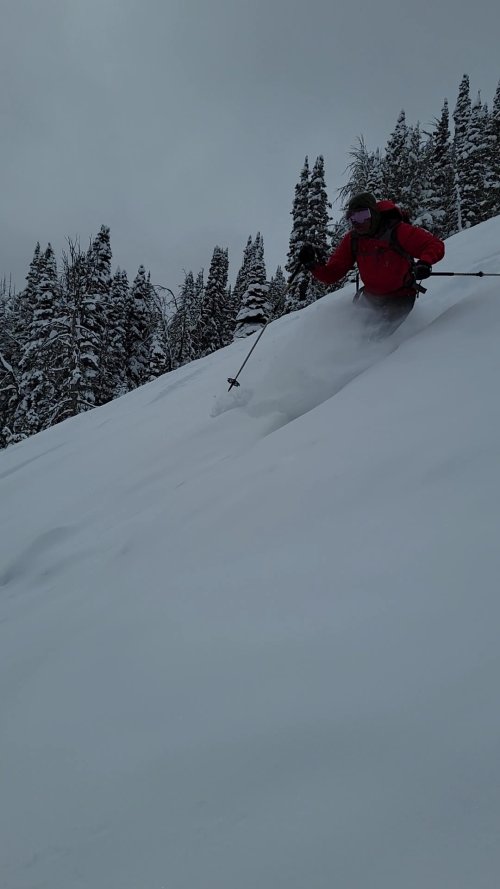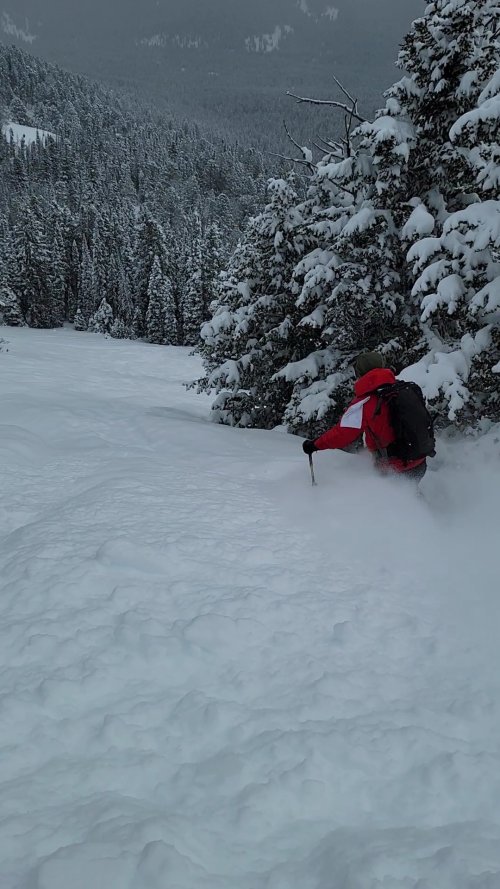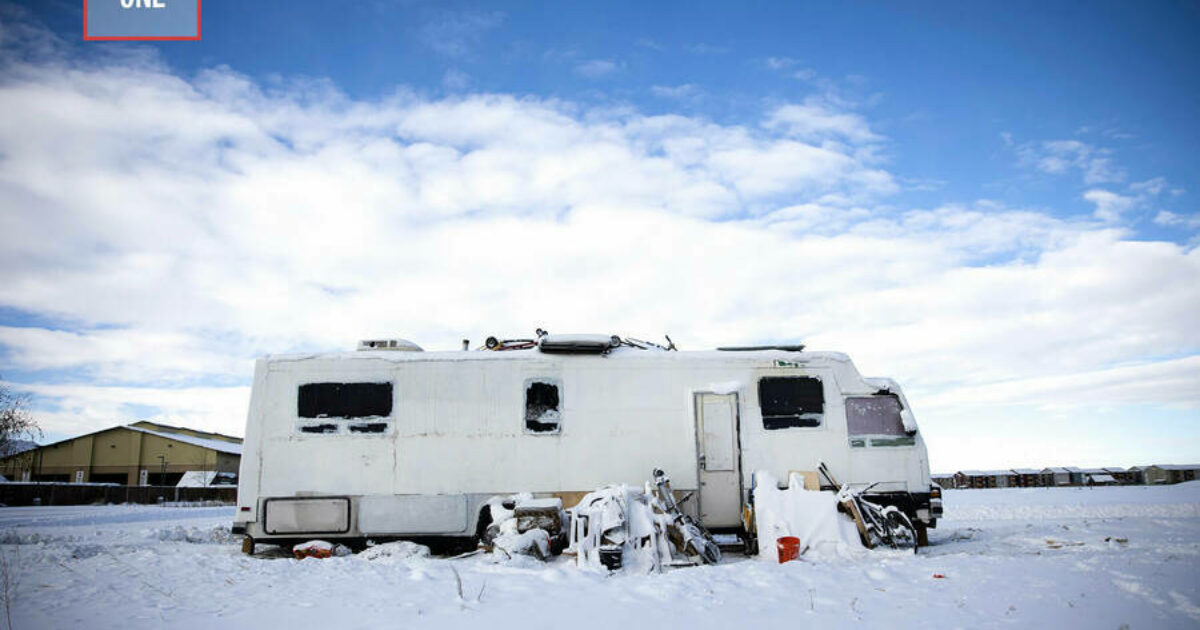Dust Rider
Active member
Bozeman really needs a new era trailer park for all the beat down trailer warriors. The removal of the old trailer parks on Aspen, and N Rouse has created neo gypsy caravan issues. The compound by the old Kmart is the nasty one. It’s a complex issue, but it needs to be addressed.
The storm today was awesome! Over 24” of snow and drifts up to 3’ east of town. Took 8 hours with thrower and tractor to dig out.
The storm today was awesome! Over 24” of snow and drifts up to 3’ east of town. Took 8 hours with thrower and tractor to dig out.




